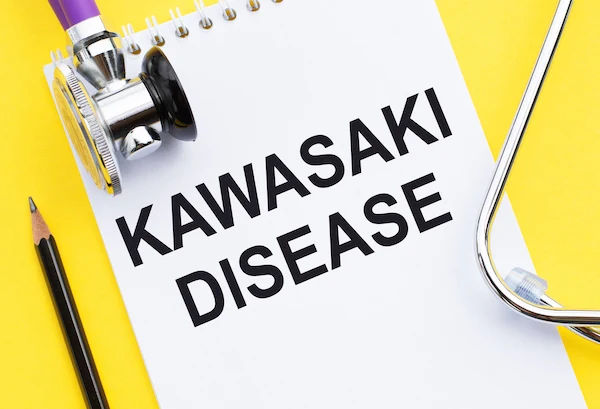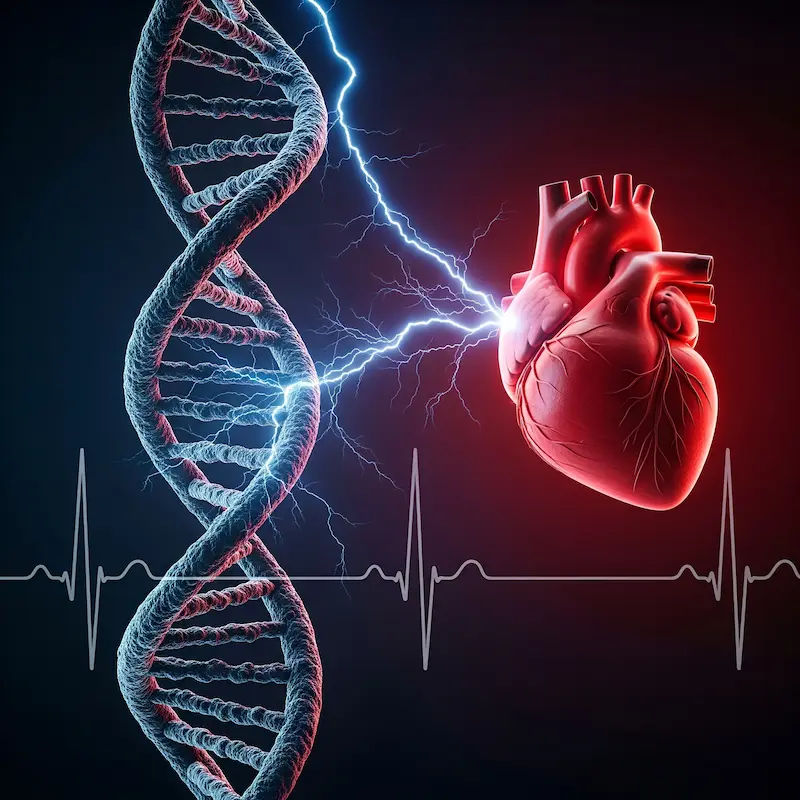- male
- 1 Years
- 07/02/2025
I'm really worried about my baby boy who has been diagnosed with a PM VSD hole that's 3.5 mm. Is this considered a big issue or not? I'm trying to understand how these measurements are categorizedis 3.5 mm small, moderate, large, or very large? Also, does this mean he'll need open heart surgery for sure, or could it close on its own as he grows? If surgery ends up being necessary, are there options other than open heart surgery that are less invasive? Would love some guidance on this.
Answered by 1 Apollo Doctors
Information provided is no adequate to answer,ideally if it is causing any cyanotic spells or pulmonary edema or PAH then Surgical correction is required which is not always open heart syurgery,if there are no such symptoms,repeat 2D echo after 6 months and check the status
Dr. Ranjith Suggests...
Consult a Paediatric Cardiologist
Answered 04/07/2025
0
0

More Paediatric Cardiology Health Queries
View allAre kids born of diabetic mothers at heart risk?
Pregnant women with elevated blood sugar levels may increase the risk of blood vessel dysfunction and congenital heart defects in the child
Answered by 1 Apollo Doctors
My baby is 4 months old and was born with pulmonary atresia and VSD. They already had a BT shunt surgery on the right side, but now the doctor says two more open heart surgeries will be needed at 4 and 14 years for pulmonary artery and VSD correction. Is there any other solution or a way to fix everything in just one operation instead of two?
cardiologist opinion is advised.
Answered by 1 Apollo Doctors
My baby girl is 80 days old and has a 3.7mm PDA. What effect will this have on her? Should we wait for it to close naturally or consider surgery?
cardiology opinion is advised.
Answered by 1 Apollo Doctors
Disclaimer: Answers on Apollo 247 are not intended to replace your doctor advice. Always seek help of a professional doctor in case of an medical emergency or ailment.





